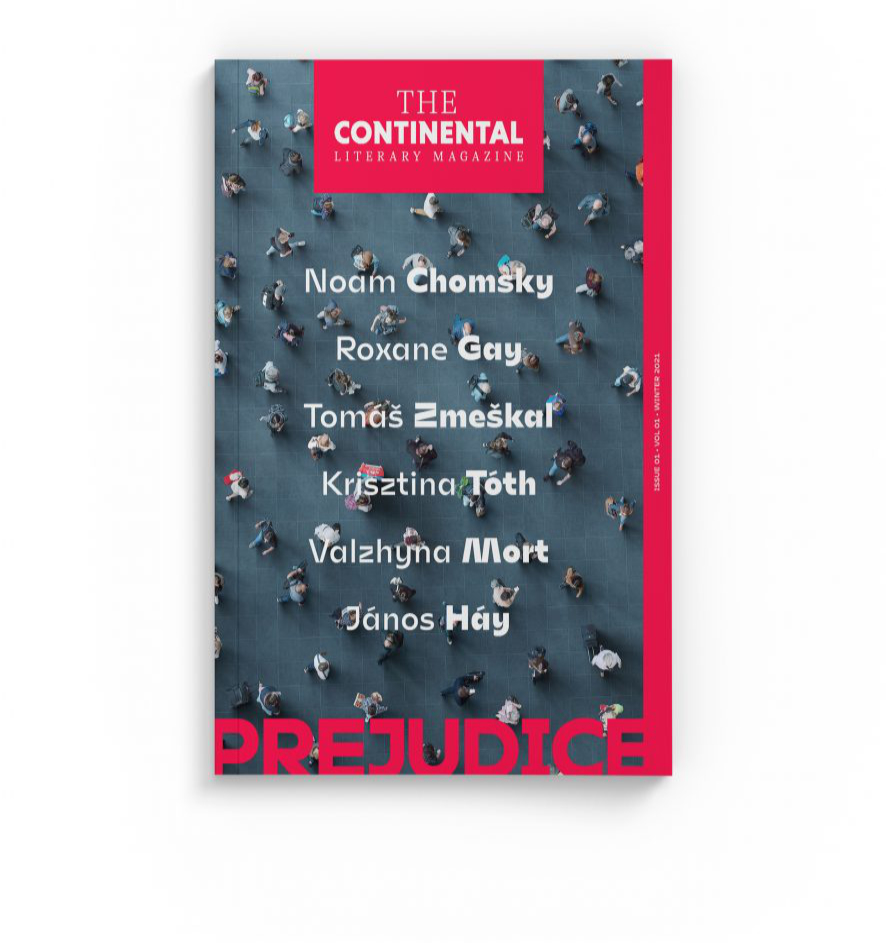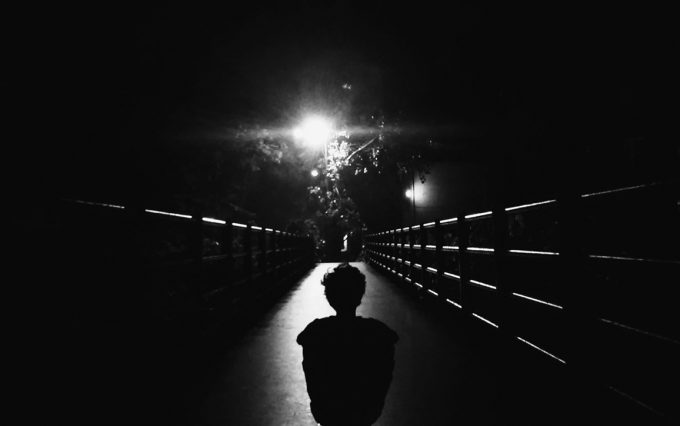
22nd March 2022
Non-Fiction
4 minutes read
Speak Closer: Poems of Statelessness and Speechlessness

22nd March 2022
4 minutes read
Many years ago, in Berlin, I met a Hungarian writer. He was tall, smoked a pipe, and walked slightly bent forward, his black suit topped with a matching black hat. He had a child’s smile and a mole on his left cheek. Though both of us were multilingual, none of our languages matched. We were neighbors at a writing residency on the Wannsee Lake. Every morning we met in the breakfast room overlooking the water and bounced phrases back and forth, each of us looking for a click of understanding in the other, until in the end, we shrugged it all off and smiled. The writer’s name was Attila Bartis. At his public reading, I listened and laughed out loud, not because I understood Hungarian (we had confirmed thirty-one times that I didn’t) but because by then I was in the habit of understanding him without understanding his language. I knew he was a great writer precisely because we had never talked, never exchanged either platitudes or facts from our biographies. In the first month of the quarantine brought about by the Covid-19 pandemic, I picked up his novel Tranquility and my high evaluation was confirmed. I also learned that he was born a Hungarian minority in Romania, a country that imprisoned his father and presented a sixteen-year-old Attila with a stateless passport.
State and statelessness, language and silence, foreignness and belonging:
themes that come together in the following poems by six Visegrad poets.
When Owen Good sent me his word-for-word translations of these poems from Hungarian, I chose not to read the poems in advance. Instead, I prepared my first drafts by translating line by line, not knowing where the poem was taking me, keeping myself open to being surprised, contradicted, turned around. The order in which I read the poems was random, and yet this order formed a narrative of its own. The first poem that landed in my hands – Zsuzsa Takács’ “As If Indeed” – serves as a perfect biblical opening: in the beginning there was a formless thing, a Blind Hope. Then the poet creates Auschwitz, the Vorkuta Gulag – the largest forced labor camp in the northernmost city on the European continent – then the Danube Delta. She populates this landscape with a servant girl who forages through garbage bins.
The poem continues with the evocation of forced labor. So, having moved through the formlessness of vague hope, through the frozen soil and the paradise offerings of garbage bins, we are at the gates, and the gates proclaim, “Labor Makes One Free.” But as the sun sheds light on this scene – by mistake – we realize that we are not in the 1940s. What arrives in place of the packed death trains are air-conditioned buses. This is a poem that both describes and resists the sort of disaster-tourism that turned sights of trauma into spectacle, capitalizing on the atrocities of the 20th century. The labor of the poem’s “we” is the labor of survival and of having to “tell the tale.” Susan Sontag’s On Photography and Regarding the Pain of Others come to mind. So do the guilt-ridden poems and prose of Czesław Miłosz.
The diction of the poem changes with the arrival of tourists: it grows more informal, there’s a lot of indirect speech, everybody is chattering. Tourists are hungry for history, food, pictures, answers. Great is the feeling of your own safety and transience in a place that was once dangerous and inescapable. The poem itself cannot help but become what it resists: the spectacle of a disaster. I wonder if in the end it makes its translator a disaster tourist.







